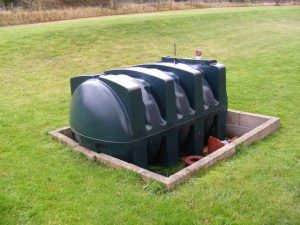 Many homes in New Jersey utilize heating oil as their primary source of fuel to heat their homes. If you’re moving into a home that uses oil heating as opposed to the natural gas or electric that you might already be accustomed to, there are a few important things to take note of.
Many homes in New Jersey utilize heating oil as their primary source of fuel to heat their homes. If you’re moving into a home that uses oil heating as opposed to the natural gas or electric that you might already be accustomed to, there are a few important things to take note of.
Obtaining Heating Oil
Contents
An initial question you might have when moving into a home that uses heating oil is about how and where to get heating oil. Typically, homeowners that need heating oil call specialized companies to deliver heating oil to their homes where it’s stored in a tank and ready for use. It’s important to find a reputable and reliable company such as Princeton Fuel Oil to either deliver as needed or take care of the automatic delivery of heating oil. The company you choose to deliver your heating oil is important because the last thing you want is to run out during the cold months of winter when your family needs it most.
How Much Oil Heating Fuel is Used or Needed?
The average sized house with typical furnace usage habits will require about 3 gallons of heating oil per day through the months of December, January, and February. During the other 9 months of the year you will use approximately the same total amount as those 3 cold months.
Top Up Your Tank
The most important time of year to ensure your heating oil tank is full is in the fall when the cold weather begins to set in. You will periodically need to schedule refill appointments throughout the winter or rely on automatic heating oil refills from your heating oil supplier. Additionally, it’s important to keep your oil tank topped up during the summer to avoid condensation from building inside your tank and diluting your oil supply.
Pilot Light
Unlike natural gas furnaces, oil fueled furnaces don’t have a pilot light so you don’t have to worry about it going out and having to relight it. As a result, there is no continuous use of fuel by a pilot light while the furnace isn’t in use, which saves you money on your heating bills.
Heating Oil Is Safe
Heating oil is not combustible in liquid form, which means it won’t explode or catch fire until it’s appropriately heated up to 144 degrees, at which point it mixes with air and ignites to fuel your furnace.
Overall, if you’re moving into a home that has heating oil as its primary fuel source there’s no need to be intimidated. Millions of homes worldwide rely on heating oil as a safe, environmentally-friendly and energy efficient heating fuel option. For more information about heating oil or to book a service appointment contact Princeton Fuel Oil in Mercer County today: 1-800-253-9001.



